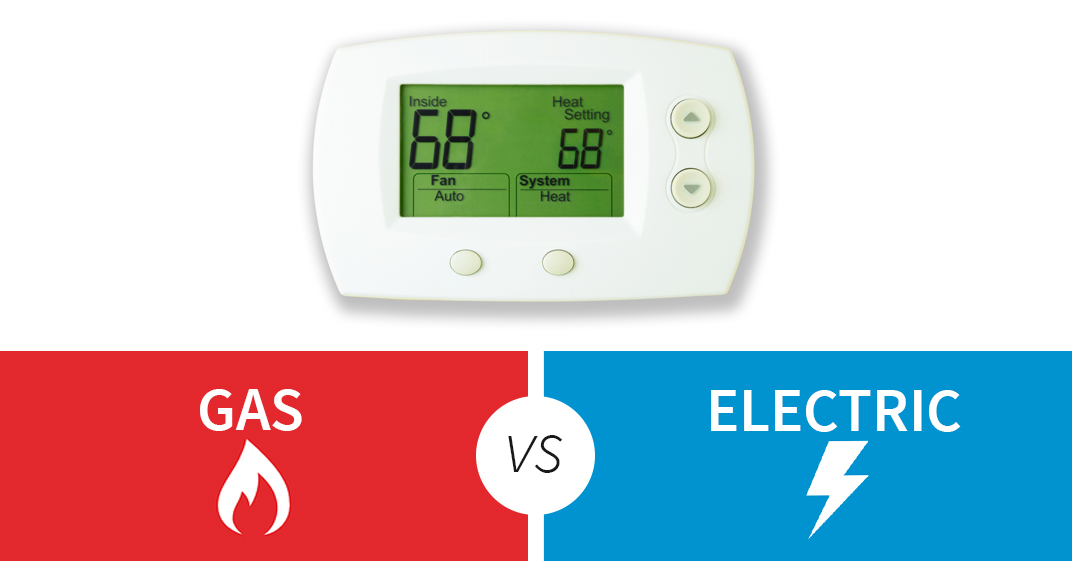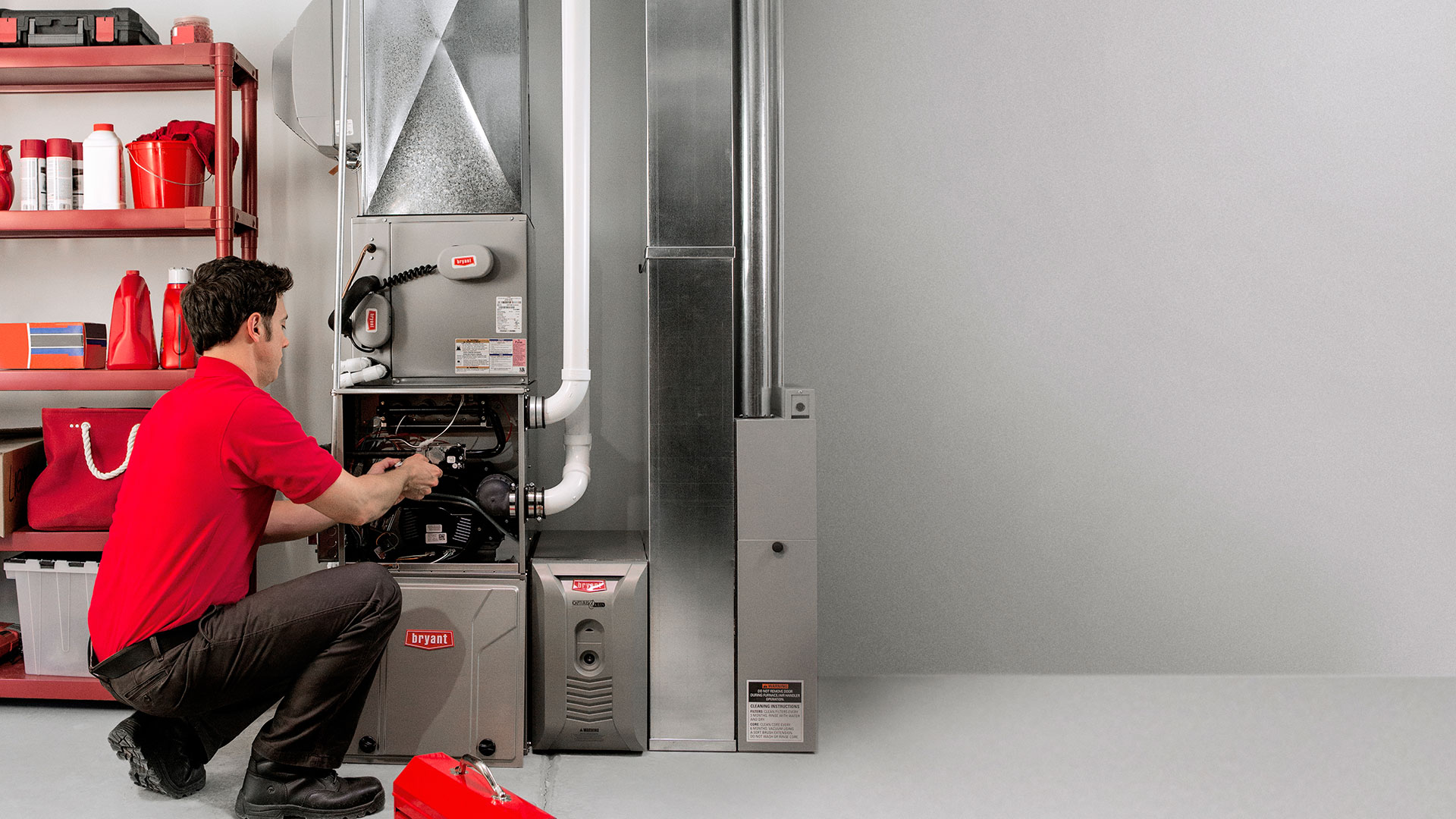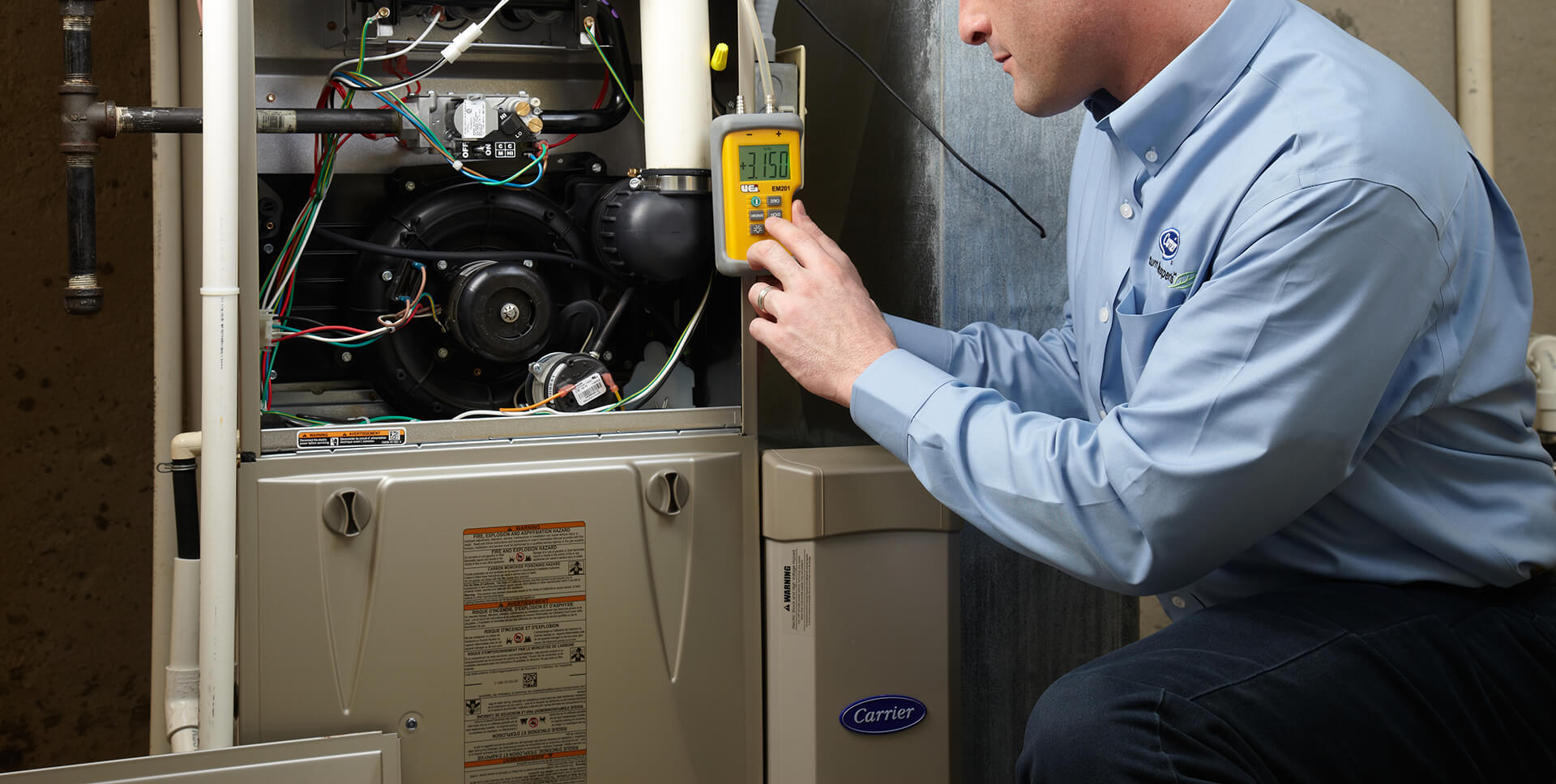Choosing the right residential furnace for your home is an important decision that affects comfort, efficiency, and energy costs. Understanding the different types of furnaces available - gas and electric - can help you make an informed choice.
Comparing Types of Furnaces: Gas Vs. Electric
Several factors come into play when deciding between types of furnaces. These include efficiency, cost, and your home's specific needs.
Cost Comparison
Initial installation and operating costs can vary significantly between types of furnaces:
- Installation Costs: A gas furnace typically costs between $3,000 and $9,000 to install, while an electric unit costs between $3,400 and $7,600.
- Operating Costs: Historically, heating a home with natural gas has been less expensive than electricity. However, due to the higher cost of electricity, electric heating can be up to five times more expensive than gas heating.
Efficiency and Performance
Efficiency is a critical factor when choosing a residential furnace. Here's a closer look:
- Gas furnaces: Modern gas units can be up to 95% efficient, converting 95% of the gas they use into heat. Older models may be about 80% efficient.
- Electric furnaces: 100% efficient at converting electricity into heat, but the cost of electricity can make them more expensive to operate.
Climate Considerations
Your geographic location plays a significant role in determining which type of furnace is best for your home:
- Cold Climates: In colder regions, gas furnaces are typically more efficient and cost-effective due to their ability to produce immediate and consistent heat.
- Milder Climates: They are more common in areas with milder winters, as they can provide adequate heating without the high operational costs associated with colder climates.
Understanding the pros and cons of each residential furnace type can help you make a more informed decision.
Advantages of Gas Units
- Cost-Effective Operation: Lower operational costs compared to electric units.
- Immediate Heat: Provides quick and consistent heat, especially in cold climates.
- High Efficiency: Modern models offer high efficiency, reducing energy bills.
Disadvantages of Gas Units
- Installation Complexity: Requires a natural gas line and proper ventilation.
- Maintenance Needs: More parts and processes require regular maintenance by a knowledgeable technician.
Advantages of Electric Units
- Simple Installation: Easier to install, especially in areas without natural gas lines.
- Lower Initial Cost: Generally lower upfront costs compared to gas furnaces.
- 100% Efficiency: Converts all electricity used into heat.
Disadvantages of Electric Units
- Higher Operational Costs: More expensive to operate due to the cost of electricity.
- Less Effective in Cold Climates: May struggle to provide adequate heat in extremely cold temperatures.
Best Options for Gas and Electric Units
Choosing the best types of furnaces for homes involves considering specific models and their features. Here are some top recommendations for each type of furnace.
Trane XV95
This residential furnace is known for its high efficiency (up to 96%) and offers excellent performance and reliability.
Lennox SLP98V
With an efficiency rating of up to 98.7%, this model is one of the most efficient on the market, providing significant energy savings.
Carrier Infinity 98
This residential furnace offers up to 98.5% efficiency and is equipped with Greenspeed Intelligence for enhanced performance.
Goodman GMEC96
Offers solid performance and efficiency, making it a reliable choice for many homeowners.
Rheem R801T
Known for its durability and efficiency, this model is a good option for those looking for a long-lasting electric unit.
York TM9E
This residential furnace combines efficiency and affordability, providing good value for homeowners.
Conclusion
Selecting the right types of furnace for your home involves balancing cost, efficiency, and your specific heating needs. By understanding the differences between gas and electric furnaces, you can make a well-informed decision that ensures comfort and cost savings.
For professional installation and maintenance of your residential furnace, trust General HVAC | Electric & Appliance Repair to provide expert service and ensure your home remains comfortable and efficient all year round.



